Fat Fables is a performance and creation program for fat LGBT2SQ+ folks age twenty-nine and under. It was conceived in 2019 after Morgan Davis and Jules Vodarek Hunter worked on a show together with The AMY Project and recognized the gaps in arts programming for folks living at the intersection of fatness and queerness. Fat Fables was developed to build community, create opportunities, and make fat LGBT2SQ+ friends.
This initial run of Fat Fables ran from October 2021 to April 2022 with nine participants from across the Greater Toronto Area and British Columbia. Originally set to be an in-person program with a culminating performance, Fat Fables had to pivot to an online program due to COVID-19. We plan to run an in-person program with the same artists and do a culminating performance in late 2023. In order to talk about fatness in digital spaces, we have to think about all spaces. We sat down and had a conversation about what drove us to create Fat Fables and our experience running the program online for the first time.
As fat folks, there are many parts of life we don’t participate in because of the way the world is set up. Within the queer community, there is often an image of a thin, androgynous, cis, white person represented in media as what “queer” looks like. Both of us went through most of our lives feeling alone in our identities and never saw ourselves represented in media. And if we did, the fat character was always the butt of a joke, the comic relief, or their storyline was centered around weight loss. Within queer community and the theatre community, rarely do we see fat folks at the center of a performance or event.
Morgan Davis: With Fat Fables, I’m wondering what are some things that you expected or didn't expect from the group?
Jules Vodarek Hunter: I definitely feel that energy is the biggest thing. When we started, it was so energizing and it felt so good to be in a space online together, but over time I felt my energy to be on Zoom really deplete. It was hard to not have met anyone in person. As fat people, we hide a lot of ourselves already a lot of the time—especially our bodies. I feel Zoom is another layer of hiding in a way because we’re not taking up physical space. Of course, it's accessible in its own way—we get to be in the comfort of our homes and login and turn the camera off if we are having a bad day, both of which are really important.
Morgan: Absolutely! Having a space to go swimming for fat folks, having space for us to see shows, not having to spend all kinds of money to get clothes that fit, and being able to travel places without having to worry about all of the things that we are constantly conscious of is important. To create spaces like that takes a lot of energy. I agree that the pandemic, especially, has really put a toll on energy because of Zoom, so I think coming back to in-person work will change things.
Jules: Totally! Everyone has mental health needs, and varying degrees of what they need to do to take care of themselves.
Morgan: It was hard. This pandemic helped me recognize how productivity looks and it's not always linear. There’s not always one way to achieve things and get things done to be successful. When big events happen in the world, folks go through a lot, so we have to be able to make our program flexible and accessible to achieve the goals—especially if we want to be youth-centered and model accessibility. Something I struggle with is this mentality of, “I need to get this done now and if I don't, I failed.” It's like no, we have to be gentle with ourselves, especially in fat bodies.
Jules: I think that's something you taught me working on this: go slow and be okay with it. I feel I have the work mentality that all the stuff has to happen on time, but it doesn’t. We work for each other. Since we don't really work for anyone, we get to determine the work culture for ourselves. We can only do so much as two people who work full-time but we want to create a community, and we want to do it well.
Morgan: We really want to be able to show up as our full selves and that takes time.

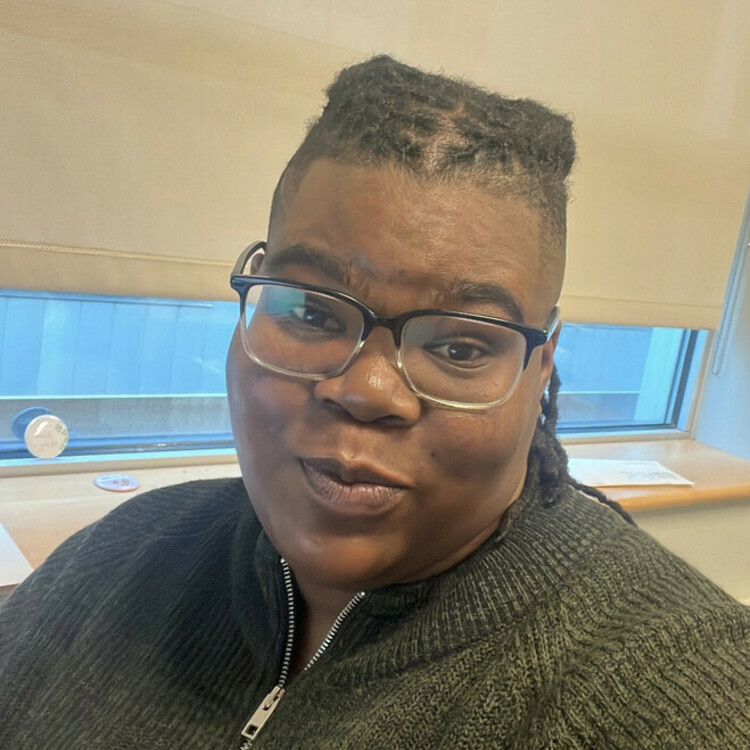
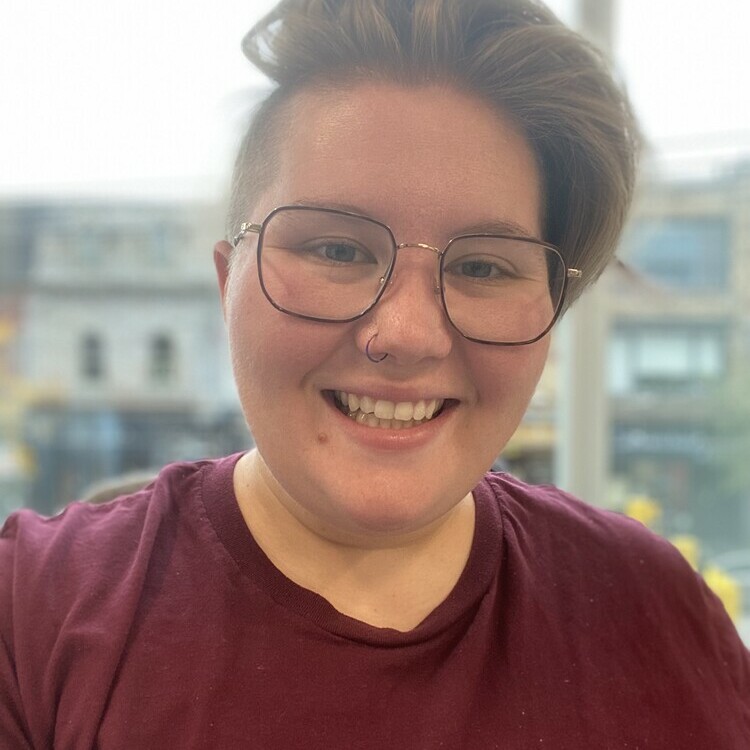
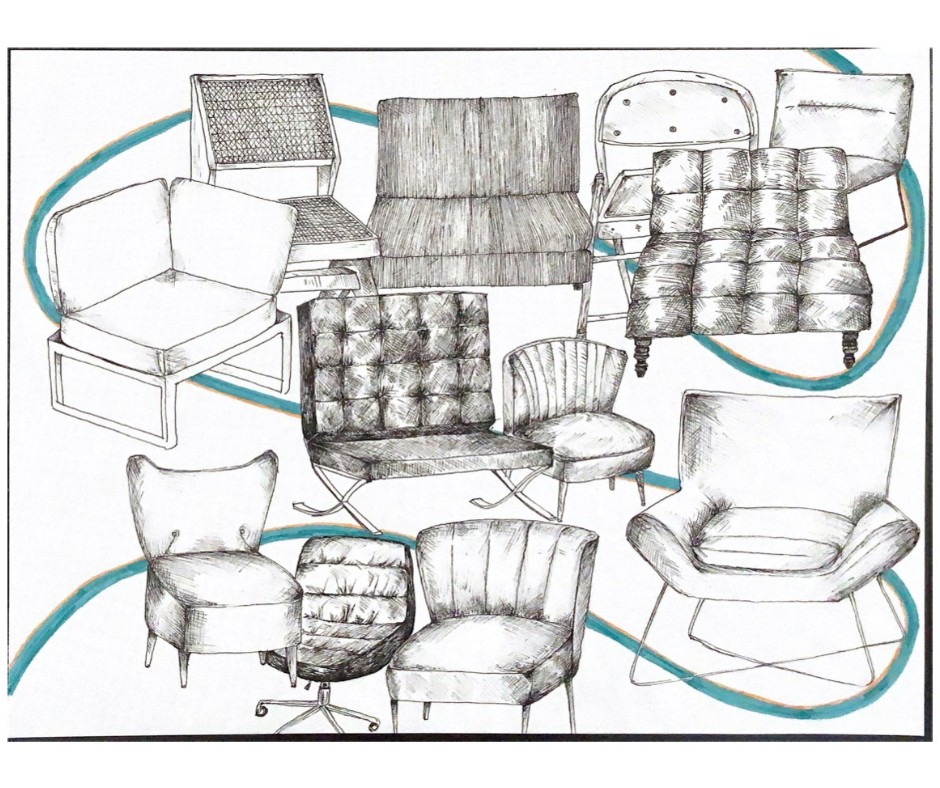
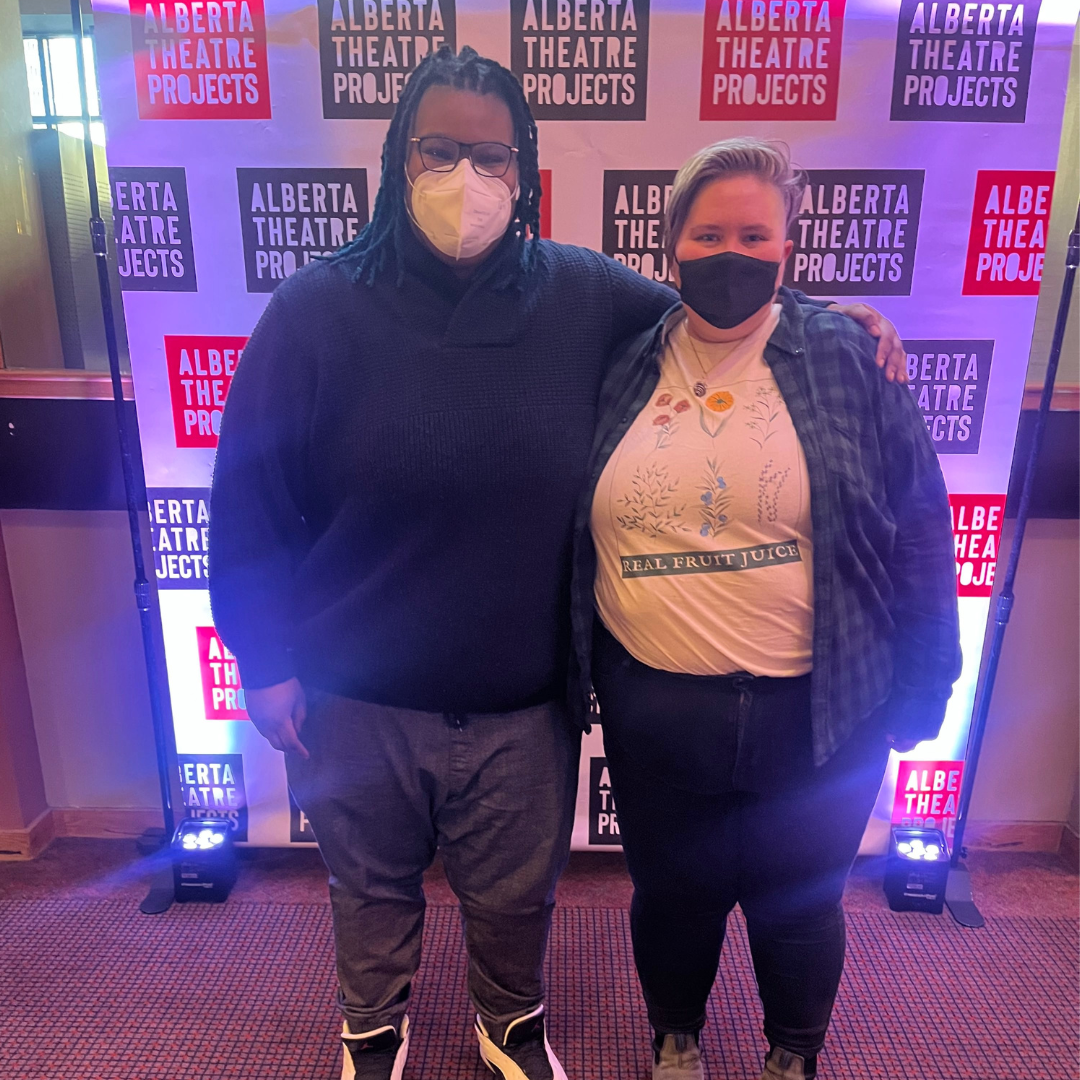
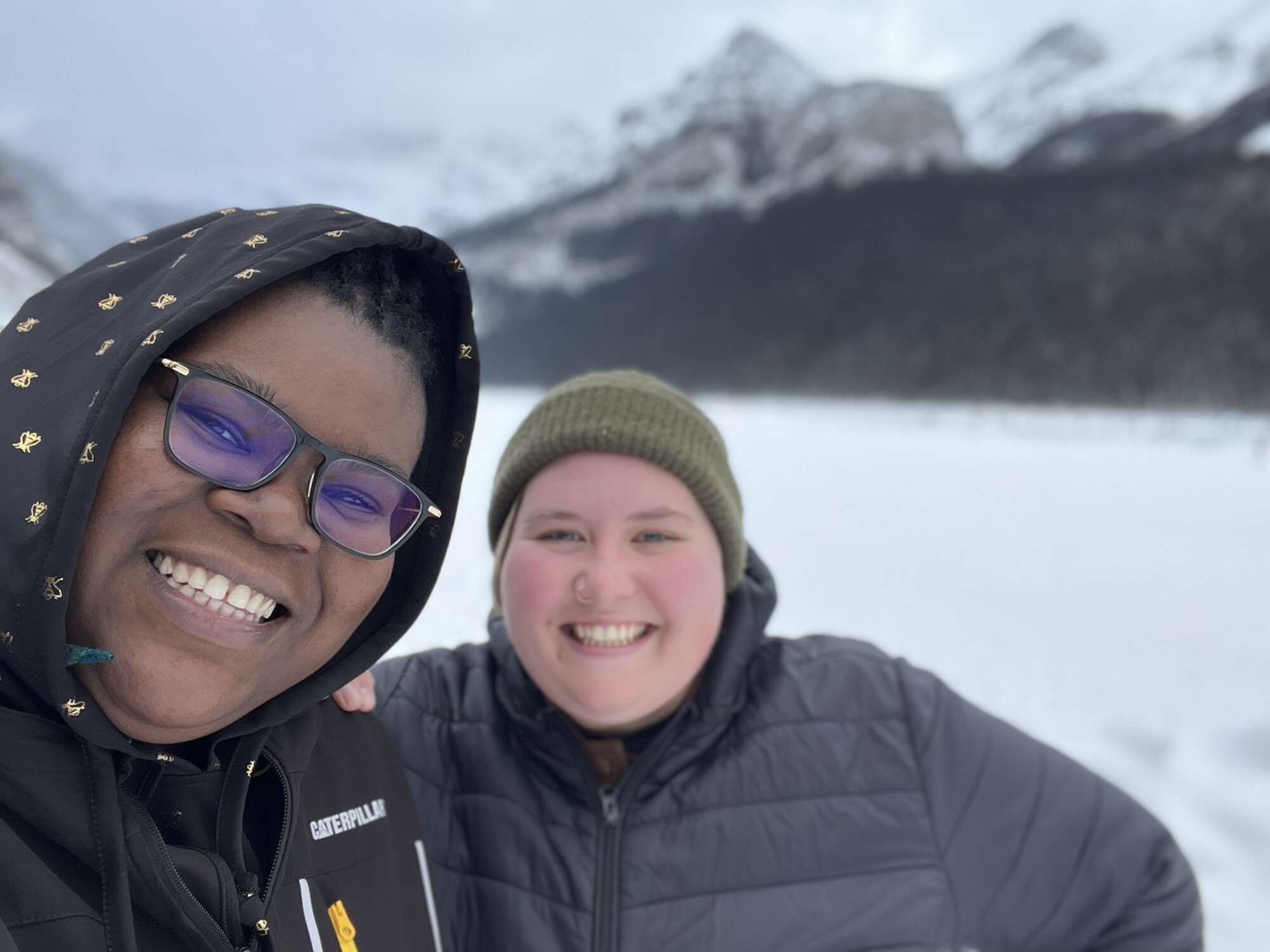
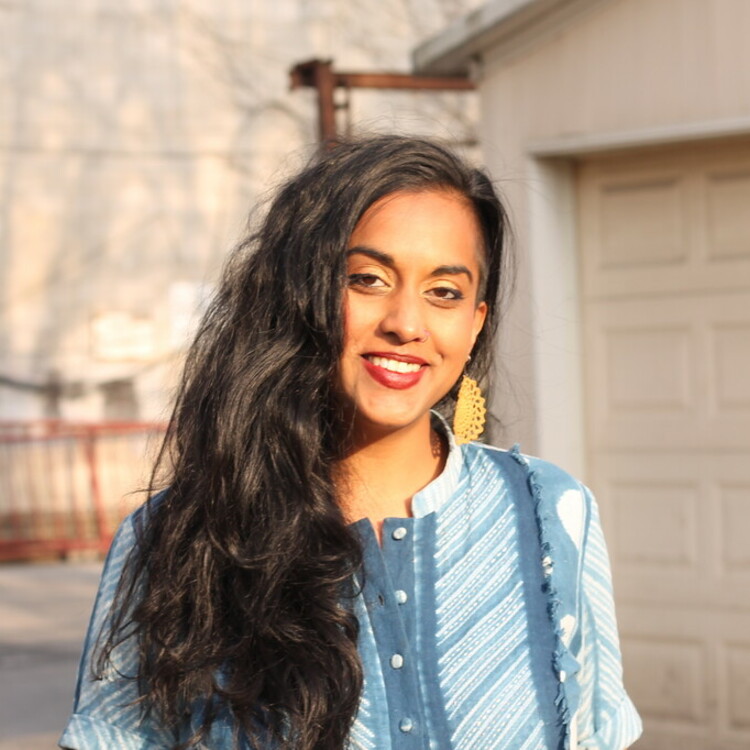






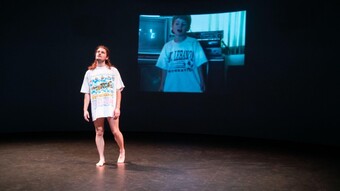



Comments
The article is just the start of the conversation—we want to know what you think about this subject, too! HowlRound is a space for knowledge-sharing, and we welcome spirited, thoughtful, and on-topic dialogue. Find our full comments policy here